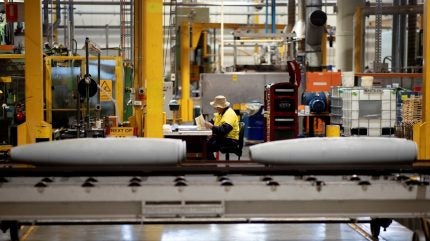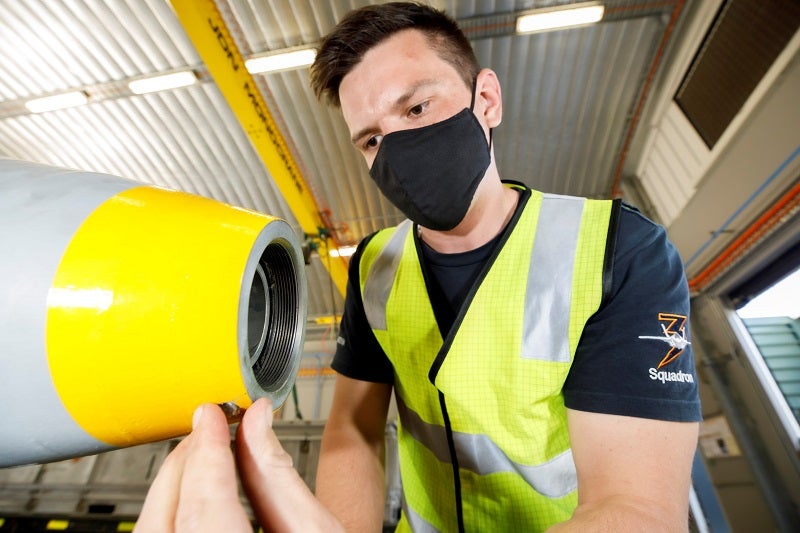
The Australian National Audit Office has completed the first of two performance audits into Australia’s procurement process for establishing its domestic munitions production over the last eight years.
In that time, the Department of Defence was found to have committed probity and governance failures.

Discover B2B Marketing That Performs
Combine business intelligence and editorial excellence to reach engaged professionals across 36 leading media platforms.
The Mulwala facility in New South Wales is the only manufacturing site of military propellants and high explosives in the Commonwealth. The nearby munitions site at Benalla, Victoria uses some of the output from Mulwala in its operations.
Both facilities operate under a government-owned, contractor-controlled structure in which Australia Munitions, a wholly owned subsidiary of Thales Australia, works closely with the government to deliver its strategic aims.
Australia Munitions delivers a range of ammunition, propellants, explosives and related services. It also serves as a principal supplier of small arms ammunition to the New Zealand Defence Forces.
Growing GWEO industrial base
The Albanese government has seen burgeoning demand for its sovereign Guided Weapon and Explosive Ordnance (GWEO) capabilities.

US Tariffs are shifting - will you react or anticipate?
Don’t let policy changes catch you off guard. Stay proactive with real-time data and expert analysis.
By GlobalDataIn March 2023 Europe’s leading missile manufacturer MBDA entered a collaboration agreement with BAE Systems Australia in which the company agreed to develop Australian industry capability through the transfer of knowledge, product assembly, and test.
On 6 October 2023, the Australian Government invested A$220m ($146.6m) in the Mulwala and Benalla plants. Primarily, the financial support will help with infrastructure redevelopments at each site – ensuring they are equipped to support future production demands, such as 155mm artillery ammunition.
Governance failures
Toward the end of 2019, Defence entered talks with the supplier to discuss a new sole source contract for the control of the plants once again.
“After assessing Thales’ tender response as not being value for money in October 2019, Defence proceeded to contract negotiations in December [that year] notwithstanding internal advice that Defence was at a disadvantage in such negotiations due to timing pressures.”

On 28 June 2020, the government announced that Defence had signed a new 10-year agreement valued at A$1.2bn ($800m) with Thales for the continued management and operation of both plants.
The contractor has manged and operated the two facilities under several different contractual arrangements since 1999.
Probity failures
Likewise, a procurement-specific transparency framework to manage risks associated with the high level of interaction between Defence and Thales was not put in place until July 2018.
“Probity risks arose and were realised during 2016 and 2017, including when a Defence official solicited a bottle of champagne from a Thales representative. Defence did not maintain records relating to probity management and could not demonstrate that required briefings on probity and other legal requirements were delivered.”
Furthermore, a Defence official sought assistance from and provided information to Thales in November 2016 on the development and internal advice within the department, their committee processes and internal thinking and positioning.
“Government information of this sort is normally considered confidential,” specified the report.
Defence acceptance
Defence accepted all the recommendations put forward in the audit. The Secretary and Chief of Defence Forces responded to the audit, as set out in their letter to the Acting Auditor-General on 7 June 2024:
“We accept the findings and the recommendations of the report. The identified issues are not evidence of the standard expected and we commit to their remediation through the continual education and training of staff. This includes an increased focus on the recording of decisions and compliance with Defence’s record keeping policies.”



